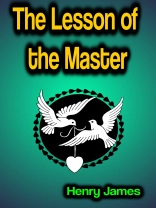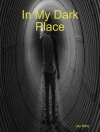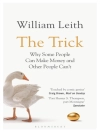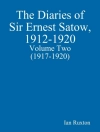The Lesson of the Master Henry James – The Lesson of the Master is a novella written by Henry James, originally published in 1888.The novella tells the story of a young writer, Paul Overt, who meets Henry St. George, a famous novelist Overt admires. During that time, Overt also meets and falls in love with Marian Fancourt, a young woman who admires both St. George’s and Overt’s work. During their meetings, St. George, who is married, advises Overt against getting married and having children, arguing that a wife and children will be the death of Overt’s creativity and career. Overt then takes an extended vacation in which he considers St. George’s advice. When he returns, he learns that St. George’s wife had died and that St. George and Marian Fancourt had become engaged. Overt feels that St. George had set him up in order to have Miss Fancourt for himself, but St. George insists that by marrying her, he saved Overt and his career.
About the author
Henry James, OM, son of theologian Henry James Sr., brother of the philosopher and psychologist William James and diarist Alice James, was an American-born author, one of the founders and leaders of a school of realism in fiction. He spent much of his life in England and became a British subject shortly before his death. He is primarily known for a series of major novels in which he portrayed the encounter of America with Europe. His plots centered on personal relationships, the proper exercise of power in such relationships, and other moral questions. His method of writing from the point of view of a character within a tale allowed him to explore the phenomena of consciousness and perception, and his style in later works has been compared to impressionist painting.James insisted that writers in Great Britain and America should be allowed the greatest freedom possible in presenting their view of the world, as French authors were. His imaginative use of point of view, interior monologue and unreliable narrators in his own novels and tales brought a new depth and interest to realistic fiction, and foreshadowed the modernist work of the twentieth century. An extraordinarily productive writer, in addition to his voluminous works of fiction he published articles and books of travel writing, biography, autobiography, and criticism, and wrote plays, some of which were performed during his lifetime with moderate success. His theatrical work is thought to have profoundly influenced his later novels and tales.












